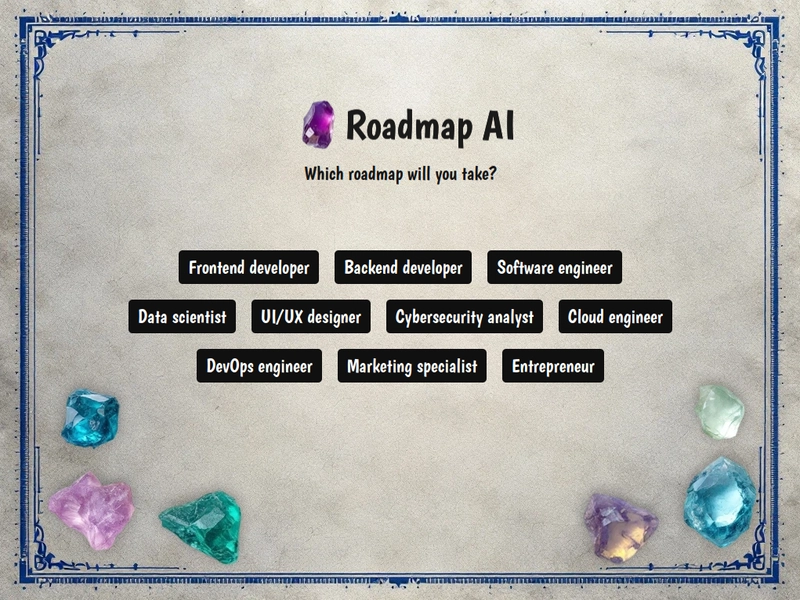The UK government’s tech purchase processes “downplay” the technical risks involved
NAO report cite ballooning costs of projects and cumulative decades of delays as consequences of insufficient planning.

- UK National Audit Office believes government approach to tech suppliers needs centralized reform
- Present strategy costs taxpayers billions and is leaving UK infrastructure three decades out of date
- The Public Accounts Committee has also weighed in, claiming government departments are not ‘intelligent clients’
In alarming but unsurprising news given its attitude to artificial intelligence, the UK government has been accused of mismanaging its tech procurement processes by failing to assess technical risks, leading to overinflated budgets which impact taxpayers and delays to implementation.
That’s according to the latest report (PDF, via The Register) from the National Audit Office, the UK’s “independent, public spending watchdog”.
In monitoring an array of projects including the National Law Enforcement Data Service and the Universal Credit benefits system, the NAO now estimates the cumulative cost of projects has increased to over £3 billion pounds, and the UK has lost out on at least 29 years of modernisation.
UK government tech spending strategy
The NAO believes the pipeline of project proposals through to the awarding of contracts “[does] not work well for digital programs,” citing the fact, “departments can present investment cases without a detailed assessment of technical feasibility”, along with a lack of central government guidance to address the issue.
"This results in limited technical evaluation of contracts with technical risks downplayed,” the report continues. “Complexities which emerge after contracts are signed can be too fundamental to be dealt with through a change control process. A poorly defined requirement and an overemphasis on acquiring the minimum requirement or cheapest resource."
The NAO also criticised a lack of appreciation for “the complexities posed by the existing environment," and that a pressure to deliver on projects is rushing the awarding of contracts.
Unsurprisingly, Geoffrey Clifton-Brown, the chair of the Public Accounts Committee, Parliament’s own spending watchdog, has concurred the system needs to change.
"Digital commercial skills are in short supply,” he said, “and government is not making the most of the limited expertise it has. Government has managed digital suppliers poorly, and the center of government has not provided direction to help departments become intelligent clients."
Clifton-Brown also echoed the NAO’s call for a unified strategy for approaching suppliers. “Without a more strategic approach from the center, and a sourcing strategy that is fit for purpose for the digital age, the government risks wasting more money and squandering the opportunity to modernize the public sector."










_Nils_Ackermann_Alamy.jpg?#)










